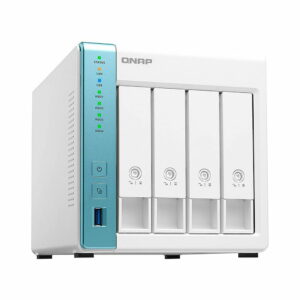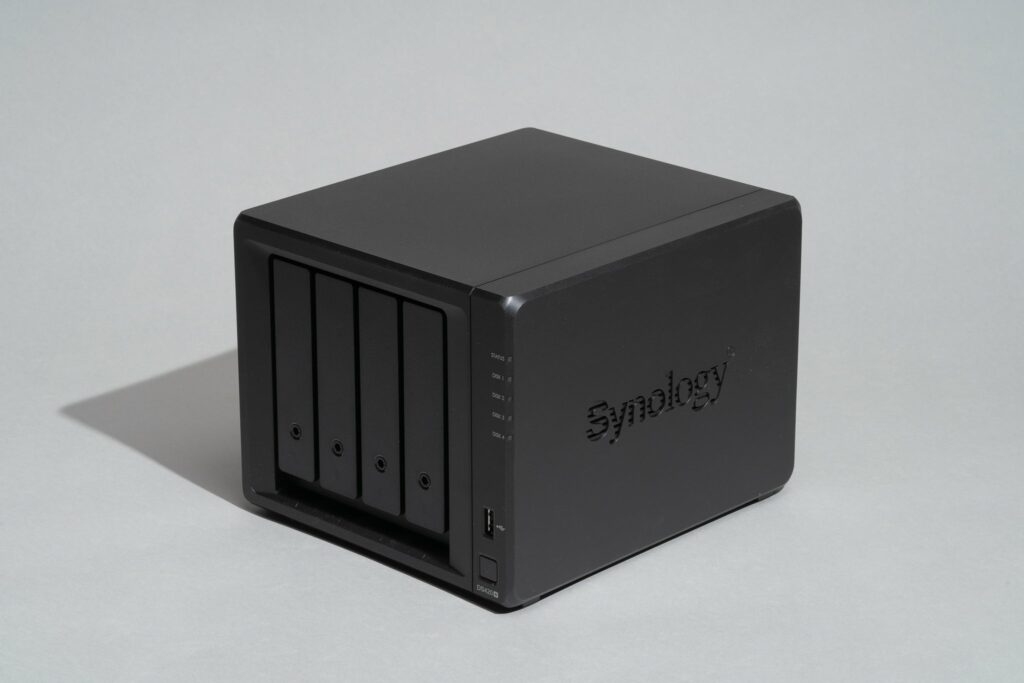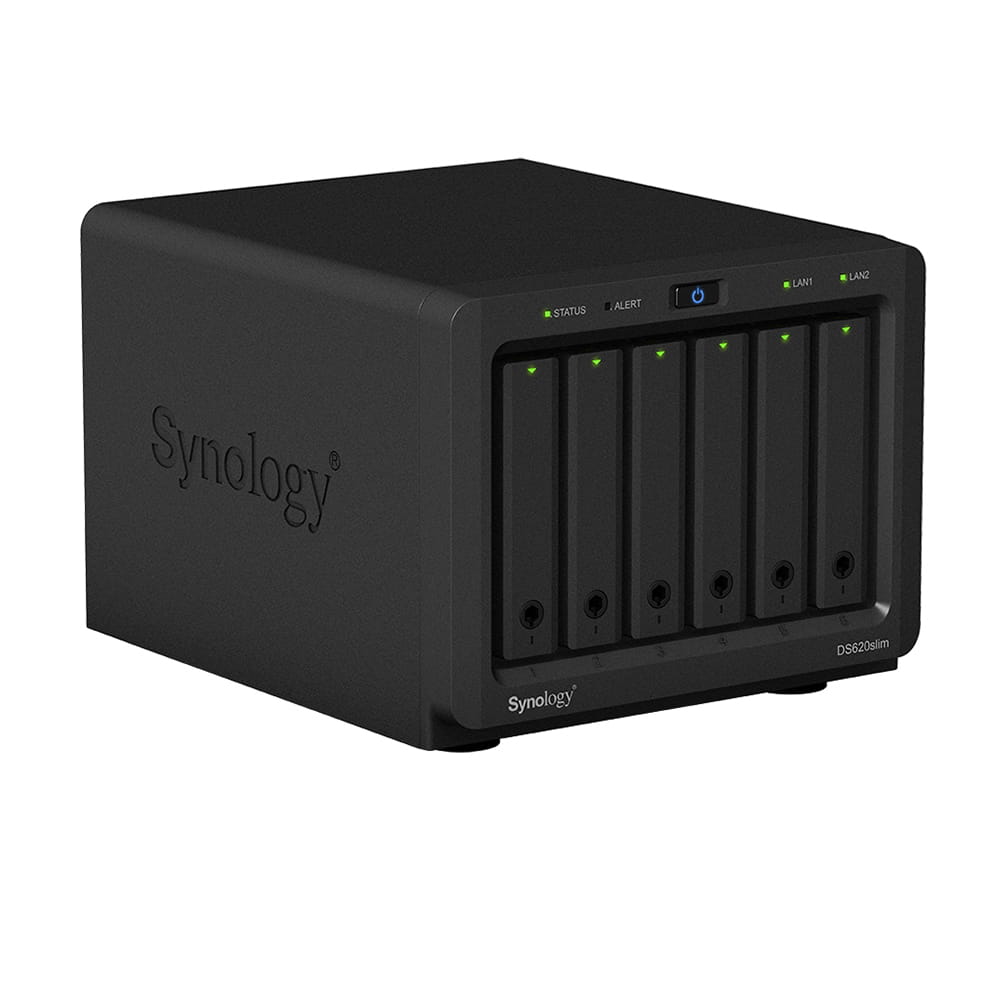Introduction

In today’s digital age, efficient data storage is essential. To ensure the security and accessibility of your files, having a NAS server is a smart solution. In this article, we will explore the benefits of NAS servers and how they can optimize your data management.
What is a NAS server?
A NAS server, or Network Attached Storage, is a device designed for network data storage. It is an autonomous system that allows you to centralize your files and access them from anywhere. It connects to your home or business network using an Ethernet cable or wireless connection, and offers a web interface or app so you can manage your data from any device.
Advantages of a NAS Server

A NAS server offers multiple benefits for data storage, such as:
Centralized Storage: Keep all your files in one place, making it easy to manage and organize. You can create folders and subfolders to classify your data according to your needs. Plus, you can share your files with other users on your network, encouraging collaboration and productivity.
Remote Access: Access your data from any location, which is essential for online collaboration. With a NAS server, you can access your files from your computer, your mobile phone, your tablet or any other device connected to the Internet. Thus, you can work from home, from the office or from any other place without losing contact with your data.
Automatic Backup: NAS often offer automatic backup features to protect your critical data. You can configure your server to periodically back up your files to another NAS device, an external hard drive, or the cloud. This way, you can recover your data in case your NAS server is lost, stolen, or damaged.
Security: Secure your data with passwords and encryption to keep it safe from cyber threats. You can set different access levels for your files, so that only authorized users can view or modify them. You can also activate data encryption to prevent third parties from accessing your information without your consent.
How to choose a NAS Server?
When choosing a NAS server, you must take into account several factors, such as:
Storage capacity: Depending on the amount and type of data you want to store, you will need a NAS server with more or less space. NAS servers typically have one or more internal hard drives, which can range from 500 GB to 20 TB or more. You can also expand the capacity of your server by adding external hard drives or USB flash drives.
Performance: The performance of a server depends on its processor, its RAM and its transfer speed. These elements determine how quickly you can access, copy, move or delete your files. A NAS server with a powerful processor, ample RAM, and a high transfer speed will offer better performance than one with inferior features.
Additional features: Some servers offer additional features that you may find useful, such as media playback, cloud synchronization, compatibility with different operating systems, creation of virtual private networks (VPN), support for security cameras or network printing.
Conclusion
A NAS server is a valuable investment for any business or home user looking for a secure and efficient data storage solution. With NAS servers, you can centralize your files, access them from anywhere, automatically backup them and protect them with passwords and encryption. If you want to learn more or purchase a high-quality NAS server, visit the NAS Servers page. Find out how you can make the most of this technology and keep your data secure and accessible at all times.







